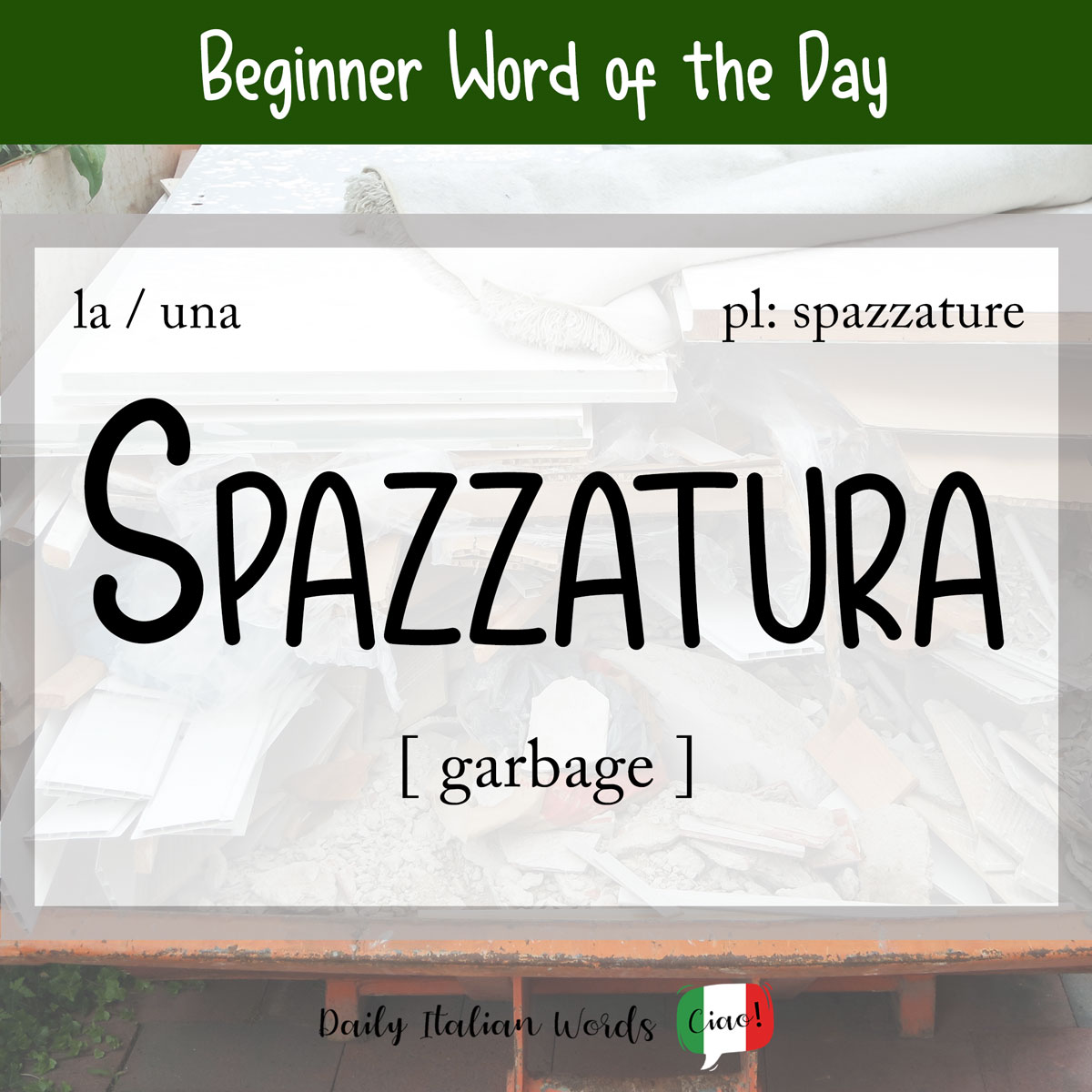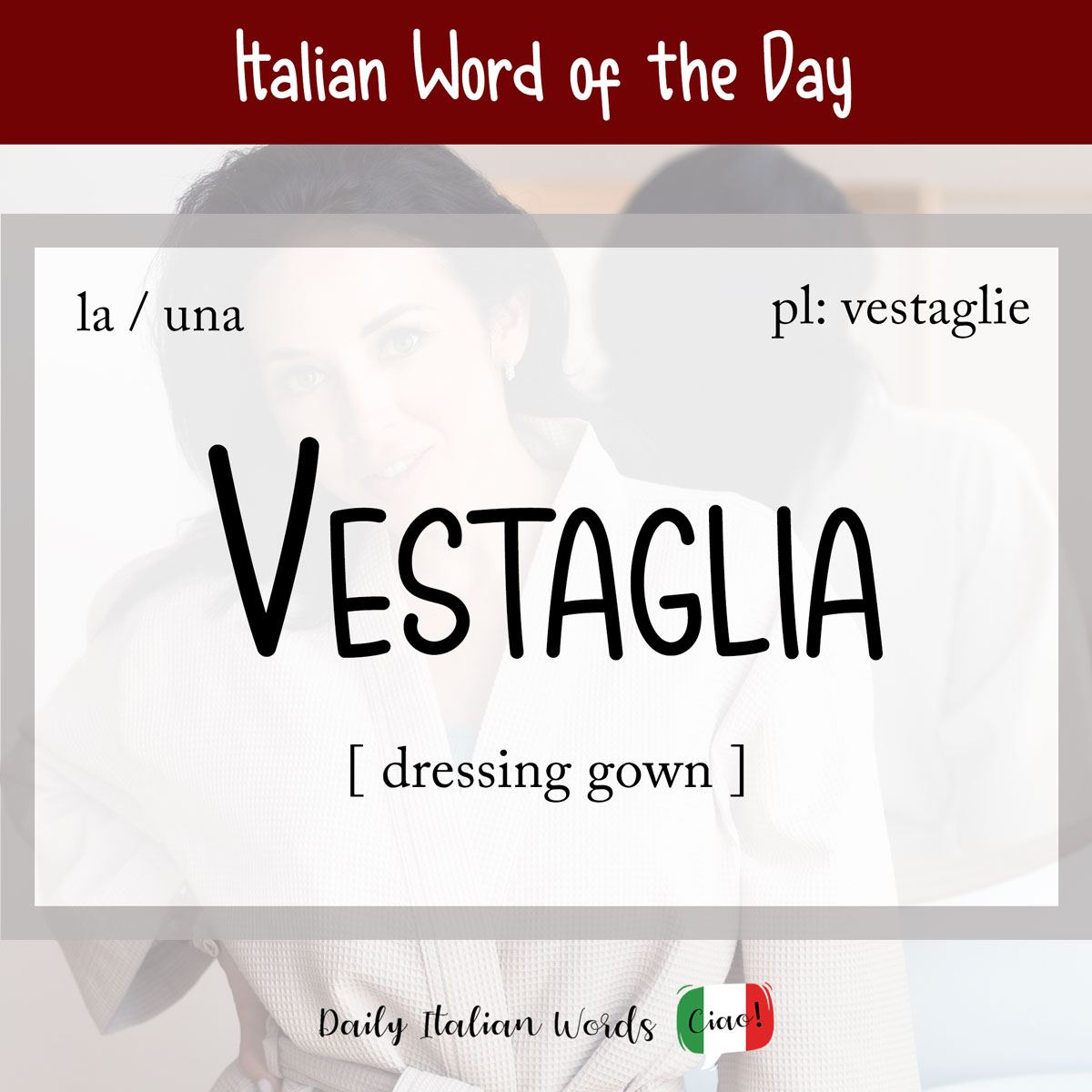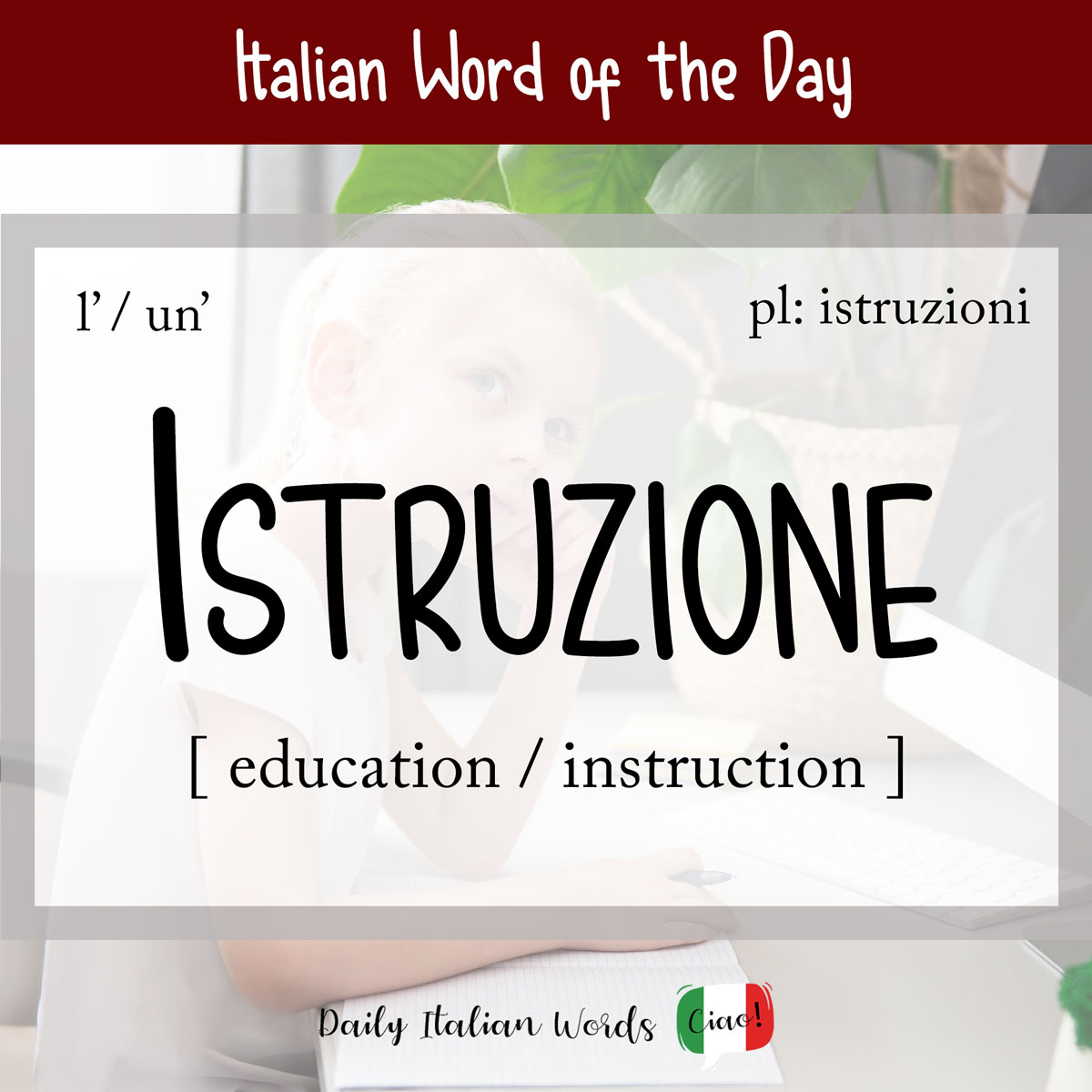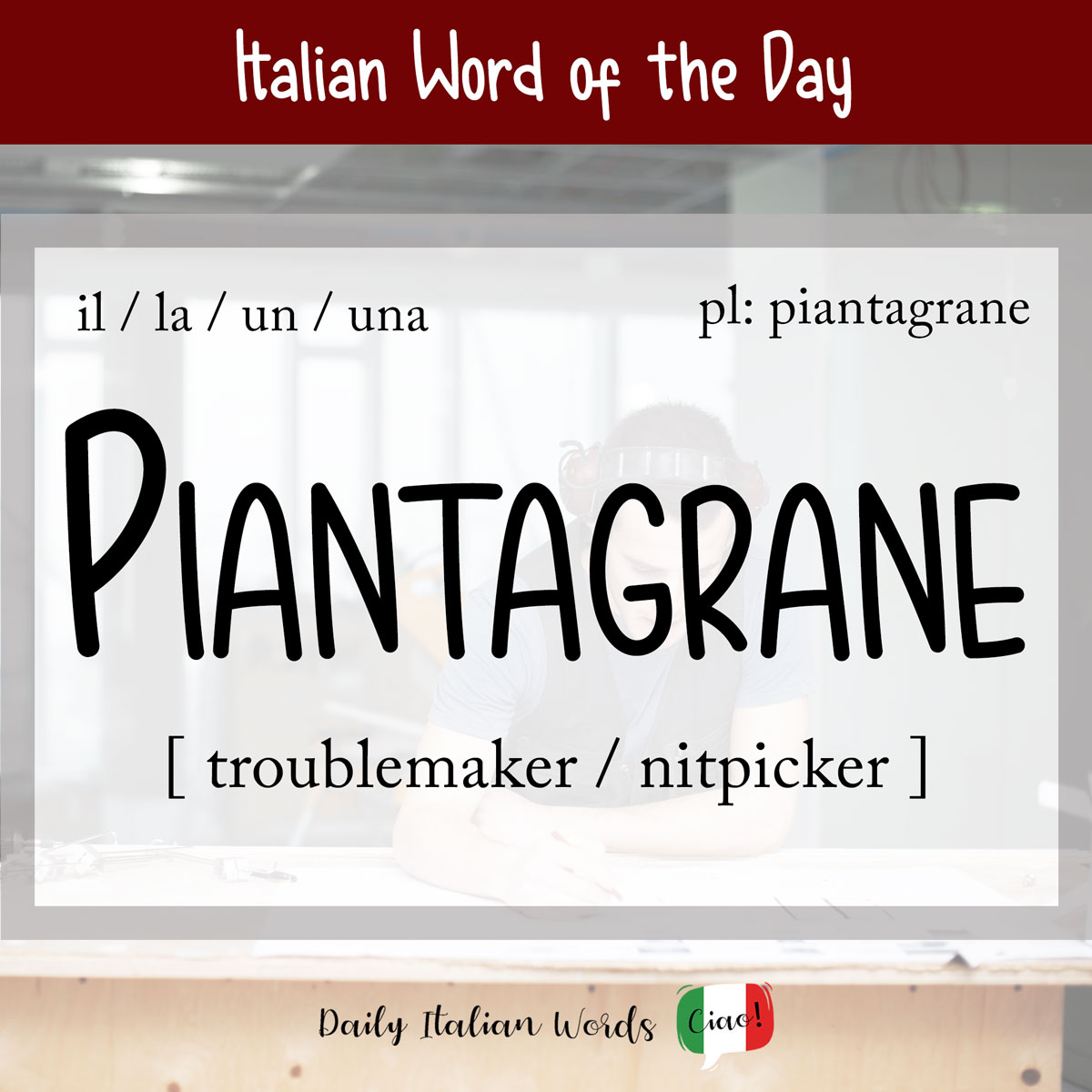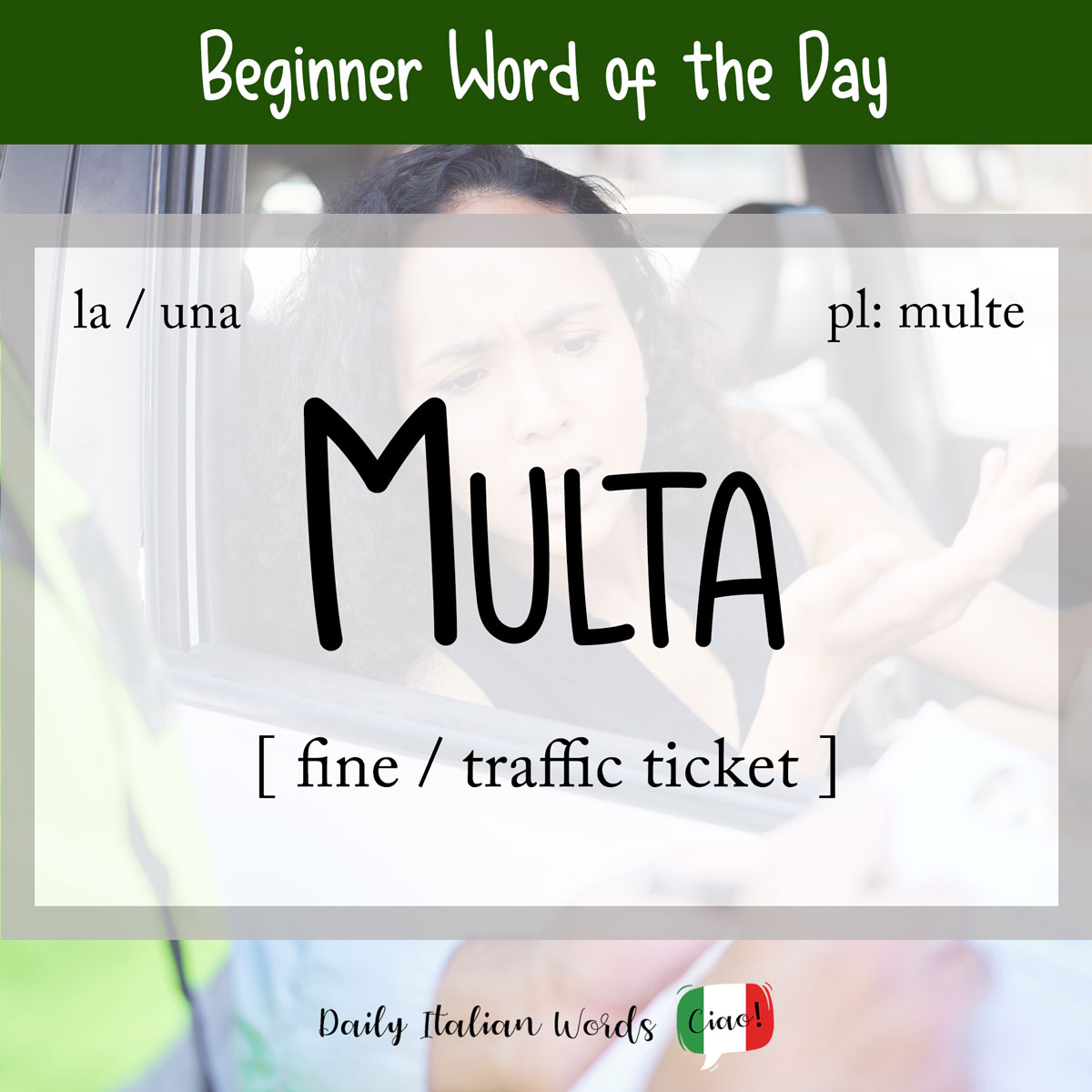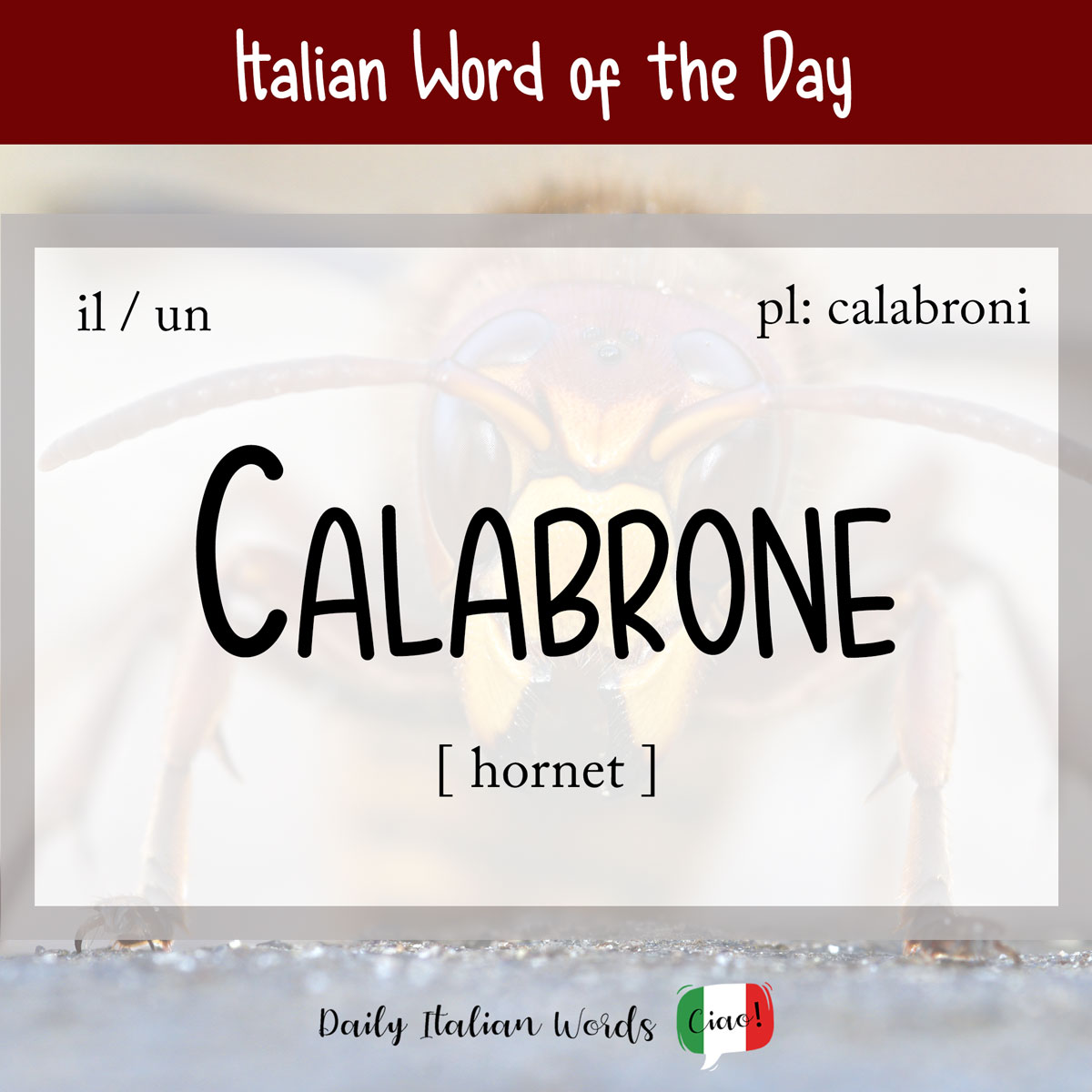Italian Word of the Day: Spazzatura (garbage / trash)
I never cease to be amazed at how Italian manages to make even the ugliest things in life sound beautiful. This is certainly the case with the word spazzatura which translates as garbage, trash or rubbish. Spazzatura is a feminine noun whose plural form is spazzature. la spazzaturauna spazzatura le spazzature* delle spazzature* *Note: keep …

